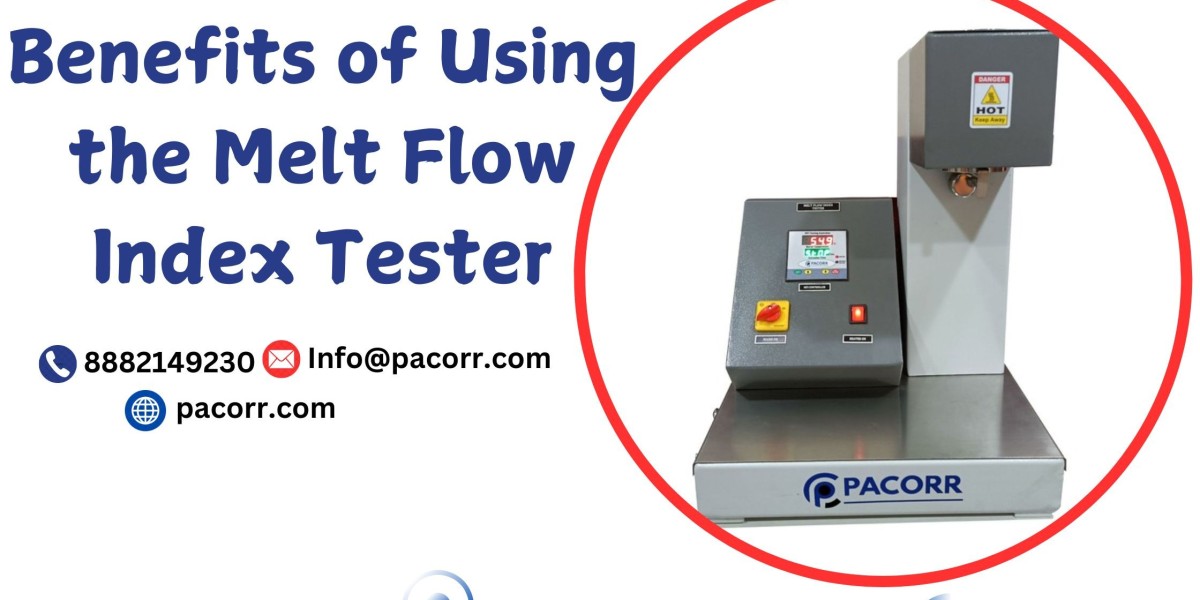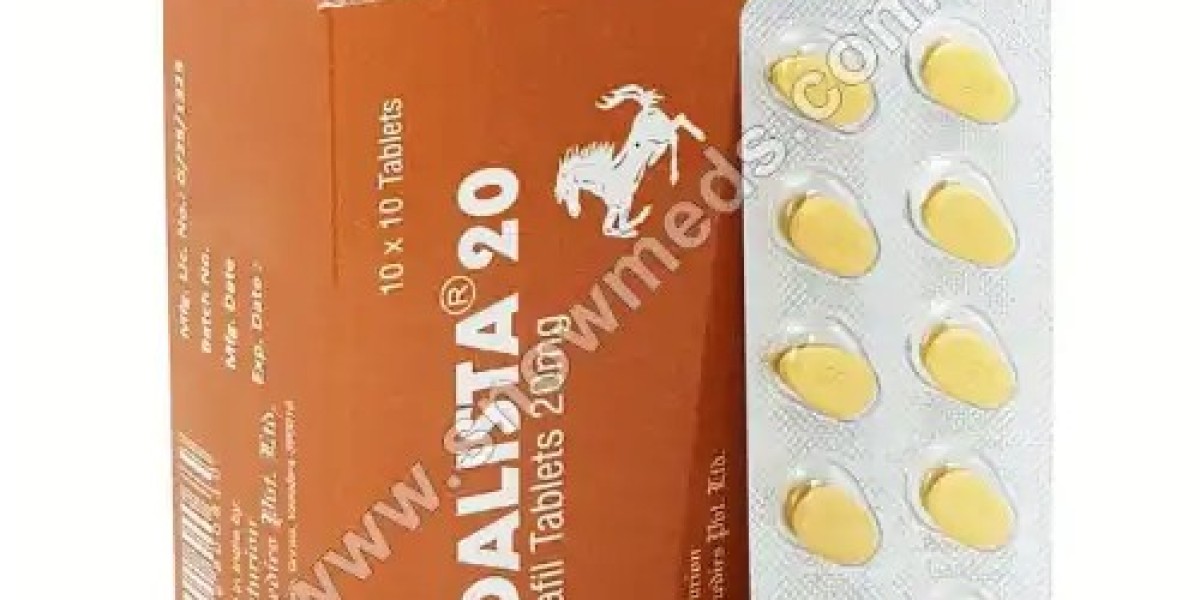A key tool in achieving this is the Melt Flow Index Tester, which plays a critical role in evaluating the flow behavior of polymer materials. At Pacorr.com, we offer innovative Melt Flow Index Testers designed to help industries optimize their manufacturing processes and meet stringent quality standards.
In this article, we will explore what a Melt Flow Index Tester is, how it works, its applications, and the benefits it offers to manufacturers.
What is a Melt Flow Index Tester?
A Melt Flow Index Tester is an instrument used to measure the flow rate of molten polymer materials under controlled temperature and pressure conditions. This flow rate, referred to as the Melt Flow Rate (MFR), helps determine the viscosity and processability of polymers. Understanding these properties is essential for ensuring that the material meets the required specifications for various applications, such as injection molding, extrusion, and blow molding.
Why is Melt Flow Index Testing Important?
Melt Flow Index testing provides critical insights into the properties of polymers, enabling manufacturers to maintain high standards of quality and efficiency. Key reasons why this Melt Flow Index Testing is important include:
- Consistency in Material Quality
It ensures that each batch of material maintains uniform properties, reducing variability in production. - Process Optimization
The data generated helps manufacturers adjust machine settings for more efficient processing. - Product Performance Assurance
By analyzing material behavior, manufacturers can ensure that the final product meets desired performance criteria. - Regulatory Compliance
MFI testing is essential for meeting international standards like ASTM D1238 and ISO 1133, which are often required in global markets. - Cost Reduction
Identifying material inconsistencies early in production reduces waste and prevents costly errors.
How Does a Melt Flow Index Tester Work?
The Melt Flow Index Tester operates through a precise and standardized process:
- Sample Preparation
A small amount of polymer material is loaded into the tester’s heating chamber. - Heating Process
The material is heated to a specific temperature until it melts. - Application of Load
A predetermined weight is applied, forcing the molten polymer to flow through a narrow capillary die. - Measurement
The amount of material extruded in a set time, usually 10 minutes, is measured to calculate the Melt Flow Rate (MFR).
This process provides manufacturers with accurate and actionable data for evaluating material quality.
Applications of Melt Flow Index Testing
Melt Flow Index Testers are widely used in various industries to assess the properties of polymers and thermoplastics. Some common applications include:
1. Plastic Manufacturing
- Ensures raw materials meet the required standards for molding and extrusion.
- Helps maintain consistency in products like pipes, films, and containers.
2. Automotive Industry
- Tests polymers used in vehicle components, ensuring durability and safety.
- Supports the development of lightweight, high-strength materials.
3. Packaging Industry
- Evaluates materials used in packaging solutions like bottles, flexible wraps, and containers.
4. Medical Devices
- Ensures the reliability and safety of medical-grade plastics used in healthcare products.
5. Textile and Fiber Production
- Tests the flow properties of polymers used in creating strong, flexible synthetic fibers.
Features of Pacorr’s Melt Flow Index Tester
At Pacorr.com, our Melt Flow Index Tester Price are designed with advanced features to meet the demanding needs of the industry:
- High Precision
Delivers accurate and repeatable results, ensuring reliability in quality control. - User-Friendly Operation
Equipped with intuitive controls and digital displays for easy use. - Durable Construction
Built with high-quality materials to withstand industrial environments. - Standards Compliance
Adheres to international testing standards, ensuring consistent results. - Versatility
Suitable for a wide range of polymers, including polyethylene, polypropylene, PVC, and more.
Benefits of Using a Melt Flow Index Tester
Using a Melt Flow Index Tester offers numerous advantages to manufacturers, including:
- Improved Quality Assurance
Helps detect and eliminate material inconsistencies before production begins. - Process Efficiency
Optimizes manufacturing processes by providing precise data on material behavior. - Regulatory Compliance
Ensures that products meet industry standards, simplifying market entry. - Cost-Effectiveness
Minimizes waste and prevents delays caused by material defects. - Enhanced Product Reliability
Ensures the end products perform as expected in their respective applications.
Why Choose Pacorr.com for Melt Flow Index Testers?
At Pacorr.com, we are committed to helping businesses achieve excellence in quality control. Here’s why we are a trusted choice:
- Industry Expertise
With years of experience, we understand the challenges of quality assurance and provide tailored solutions. - Comprehensive Product Range
Our offerings include a wide variety of testing instruments to meet diverse industry needs. - Affordable Pricing
We deliver high-quality products at competitive prices. - Exceptional Customer Support
Our team provides assistance with installation, training, and maintenance. - Global Standards Compliance
All our products are designed to meet international quality and safety standards.
Frequently Asked Questions
Q: What types of polymers can be tested with a Melt Flow Index Tester?
A: Thermoplastics such as polyethylene (PE), polypropylene (PP), PVC, and polystyrene are commonly tested.
Q: Can recycled plastics be tested with this device?
A: Yes, Melt Flow Teste are ideal for evaluating the flow properties of recycled materials.
Q: How often should the tester be calibrated?
A: Regular calibration, typically every 6–12 months, is recommended for consistent accuracy.
Q: Do you provide training for operating the tester?
A: Yes, Pacorr offers training to ensure your team can operate the device efficiently.
Conclusion
The Melt Flow Index Tester is an invaluable tool for maintaining quality and consistency in polymer manufacturing. By providing precise data on material properties, it empowers manufacturers to enhance their processes, reduce waste, and deliver reliable products.
At Pacorr.com, we offer high-performance Melt Flow Index Testers designed to meet your specific requirements. Explore our range of quality testing instruments and take your manufacturing processes to the next level.







